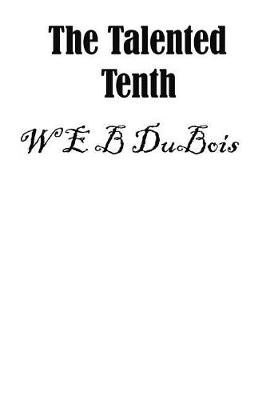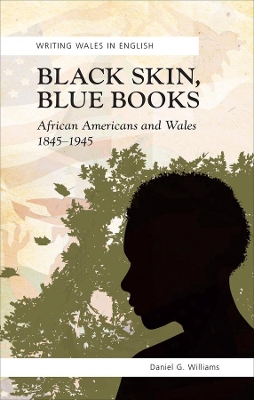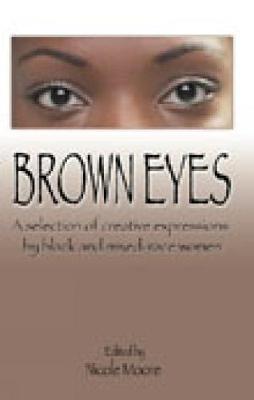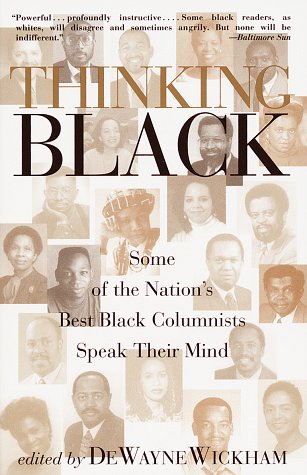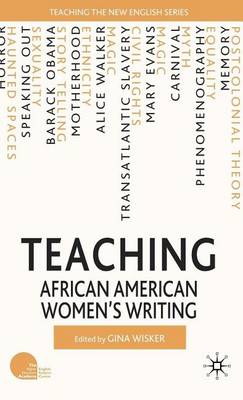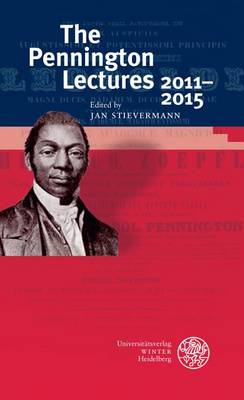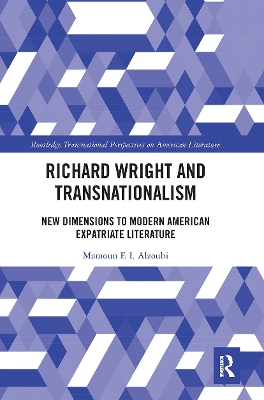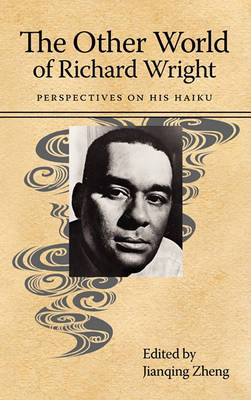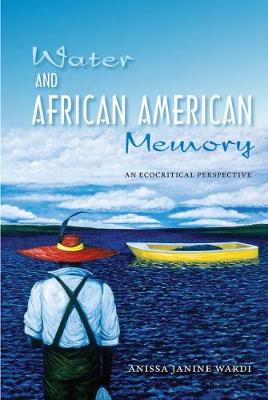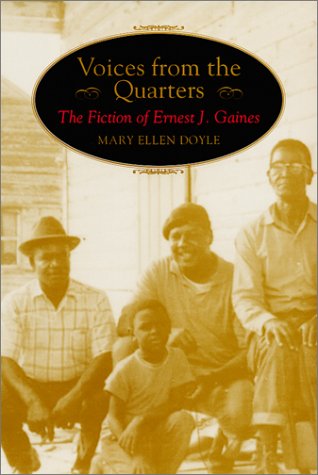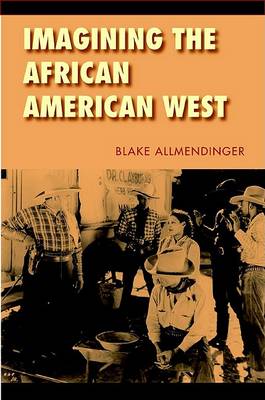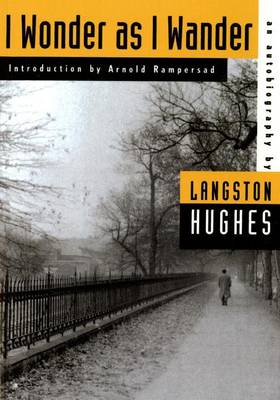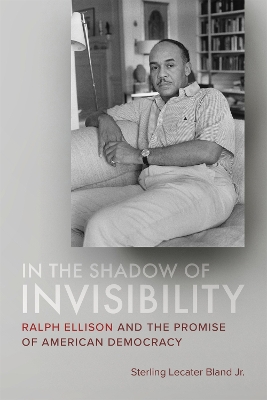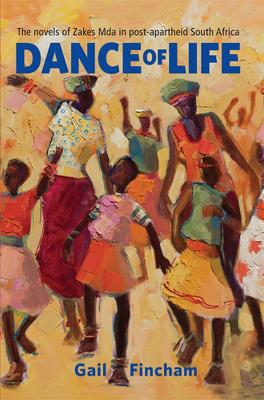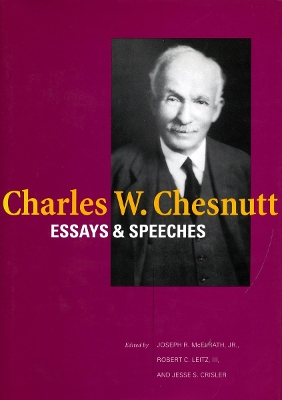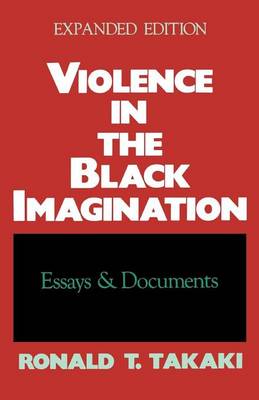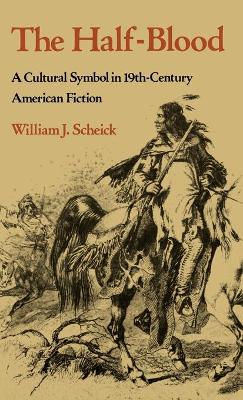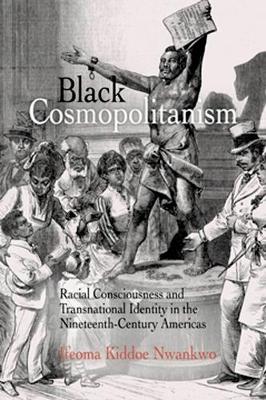Make Capital Out of Their Sympathy (Clemson University Press: African American Literature)
by Christine Wooley
Williams analyses and compares the ways in which African Americans and the Welsh have defined themselves as minorities within larger nation states (the UK and US). The study is grounded in examples of actual friendships and cultural exchanges between African Americans and the Welsh, such as Paul Robeson's connections with the socialists of the Welsh mining communities, and novelist Ralph Ellison's stories about his experiences as a GI stationed in wartime Swansea. This wide ranging book draws o...
This exciting anthology brings life to a host of previously unheard and talented writers who, through the medium of creative writing, share their individual voices and perspectives relating to gender, race, culture, heritage, ethnicity and identity.
Some People Watch Clocks to Tell What Time It Is, I Watch People to Know What Time It Is
by Carl O Snowden
Richard Wright and Transnationalism sees Dr. Mamoun Alzoubi argue that renowned American Author, Richard Wright, transformed the way that we approach comparative literature by beginning to look at matters of American racism and Civil Rights in transnational contexts, formed by the new nations surfacing from colonial rule. Richard Wright and Transnationalism demonstrates how Wright, beginning with his work in the 1950s, began to hypothesize the shared history of suffering that linked the experien...
The Other World of Richard Wright (Margaret Walker Alexander Series in African American Studies)
The Other World of Richard Wright: Perspectives on His Haiku reveals Richard Wright's poetic vision toward the human world. Through the minimal form of haiku, Wright (1908-1960) found his poetic connection to nature. This sensibility displays not only the change in him as a writer but also the tenderness in him as a human being.These essays open up a new territory in Wright studies by tracing the development of Wright's aesthetic and its relationship to African and Japanese cultures. The book te...
While there is no lack of scholarship on the trans-Atlantic voyage and the Middle Passage as tropes in African diasporic writing, to date there has not been a comprehensive analysis of bodies of water in African American literature and culture. In Water and African American Memory, Anissa Wardi offers the first sustained treatise on watercourses in the African American expressive tradition. Her holistic approach especially highlights the ways that water acts not only as a metaphorical site of t...
African-American Literary Tradition
by Patricia L Hill, Bernard W Bell, Bernard Bell, and Trudier Harris
Voices from the Quarters is an interpretive, analytical, and evaluative study of all of Earnest J. Gaines' published work to date. It begins with a brief biographical treatment of Gaines and the Louisiana setting where he grew up, with stress on facts that relate closely to his writing. The book then analyzes his short stories and moves on to study his novels. A concluding chapter sums up the main points, which have to do with Gaines' strengths as a creator of "sketches," "little short chapters,...
Imagining the African American West (Race & Ethnicity in the American West)
by Blake Allmendinger
The literature of the African American West is the last racial discourse of the region that remains unexplored. Blake Allmendinger addresses this void in literary and cultural studies with Imagining the African American West-the first comprehensive study of African American literature on the early frontier and in the modern urban American West. Allmendinger charts the terrain of African American literature in the West through his exploration of novels, histories, autobiographies, science fiction...
With In the Shadow of Invisibility, Sterling Lecater Bland Jr. offers a long-overdue reconsideration of Ralph Ellison, examining the trajectory of his intellectual thought in relation to its resonances in twenty-first-century American culture. Bland charts Ellison's evolving attitudes on several central topics including democracy, race, identity, social community, place, and political expression. This compelling new exploration of Ellison's legacy stresses the perpetual need to reexamine the int...
In recent years, the work of Zakes Mda-novelist, painter, composer, theater director and filmmaker-has attracted worldwide critical attention. Gail Fincham's book examines the five novels Mda has written since South Africa's transition to democracy: Ways of Dying (1995), The Heart of Redness (2000), The Madonna of Excelsior (2002), The Whale Caller (2005), and Cion (2007). Dance of Life explores how refigured identity is rooted in Mda's strongly painterly imagination that creates changed spaces...
Charles W. Chesnutt: Essays and Speeches
Over the past decade, increasing attention has been paid to the life and work of Charles W. Chesnutt (1858-1932), considered by many the major African-American fiction writer before the Harlem Renaissance by virtue of the three novels and two collections of short stories he published between 1899 and 1905. Less familiar are the essays he wrote for American periodicals from 1899 through 1931, the majority of which are analyses of and protests against white racism. Collected as well in this volume...
In her new book, Pilar Cuder Dominguez examines the construction of cultural memory in contemporary Canadian writing by black authors, identifying the tensions between the national imaginary and the transnational trajectories of the African diaspora. Black Canadian Literature and the Construction of Cultural Memory argues against the absence of Canada from the geography of the black Atlantic, proposing instead that black Canadian authors are engaged in making visible their historical contributio...
The half-blood -- half Indian, half white -- is a frequent figure in the popular fiction of nineteenth-century America, for he (or sometimes she) served to symbolize many of the conflicting cultural values with which American society was then wrestling. In literature, as in real life the half-blood was a product of the frontier, embodying the conflict between wilderness and civilization that haunted and stirred the American imagination. What was his identity? Was he indeed "half Indian, half whi...
Black Cosmopolitanism (Rethinking the Americas)
by Ifeoma Kiddoe Nwankwo
Through readings of slave narratives, fiction, poetry, nonfiction, newspaper editorials, and government documents including texts by Frederick Douglass and freed West Indian slave Mary Prince, Ifeoma Kiddoe Nwankwo explicates the growing interrelatedness of people of African descent through the Americas in the nineteenth century.
